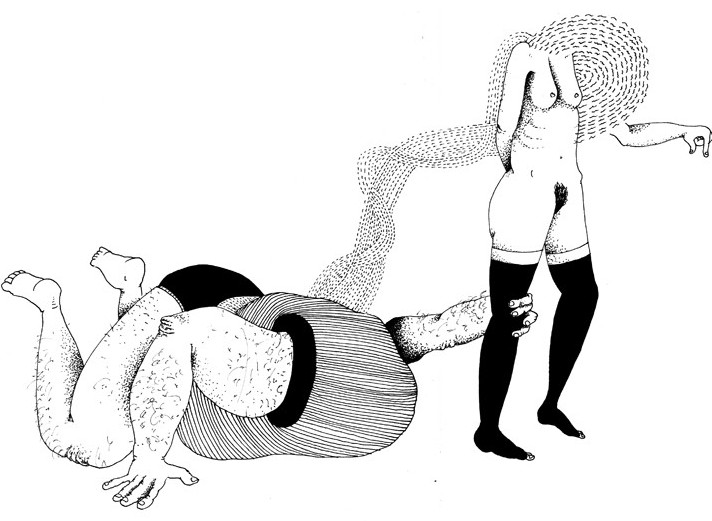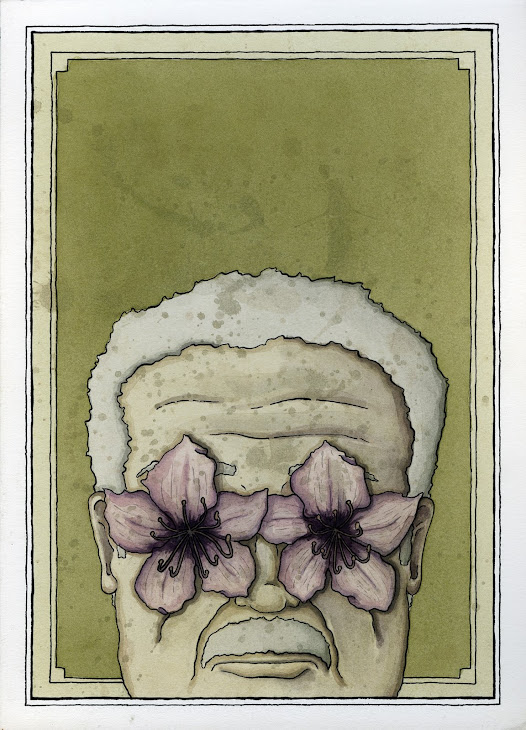
I have started engaging in discussions on what is basically an online bookclub, arguably the largest bookclub ever, called goodreads (check it out).
The first piece of fiction I has been discussing is American Pastoral by Philip Roth. He won the Pulitzer Prize, National Book Award and the National Book Critics Circle prize for this. Also, the NYTimes said it was one of the best American novels written in the past 25 years.
Roth himself is the first three-time winner of the coveted Pen/Faulkner award, given only to books of exceptional caliber - sometimes it is decades or more before a book wins this award (though he did not win it for this book, see Human Stain).
Noting novels often defy life as they make order, system, and sense of out its chaotic madness - one of the exceptional things about this book is that Roth is able to intelligently execute an eloquent plot which spins on the very axis of this madness.
Here is a quote:
"What was astonishing was how people seemed to run out of their own being, run out of whatever the stuff was that made them who they were and, drained of themselves, turn into the sort of people they would once have felt sorry for. It was as though while their lives were rich and full they were secretly sick of themselves and couldn't wait to dispose of their sanity and their health and all sense of proportion so as to get down to that other self, the true self, who was a wholly deluded fuckup."
Some thoughts on the quote:
Having seen people seemingly run out of whatever it is that makes them them, I guess as many do, the quote struck home for me. It's a fascinating phenomenon worthy of study in and of itself.
I would purpose, however, a question.
Does one really run out of their "essence" or do they simply forget to water the flower, purposely shove it in a dark corner, or actively pick its petals in some sort of self-destructive pleasure?
Does this "stuff" really just disappear, or is it hiding, lurking underneath other layers of ego and self, while we have convinced others as well as ourselves it is gone?
Can we really discard ourselves without, even unconsciously, keeping enough to know who we still are, that it's still us in there?
To read my review of the book go here and go to the posting by James.
.jpg)
.jpg)
.jpg)



.jpg)
No comments:
Post a Comment